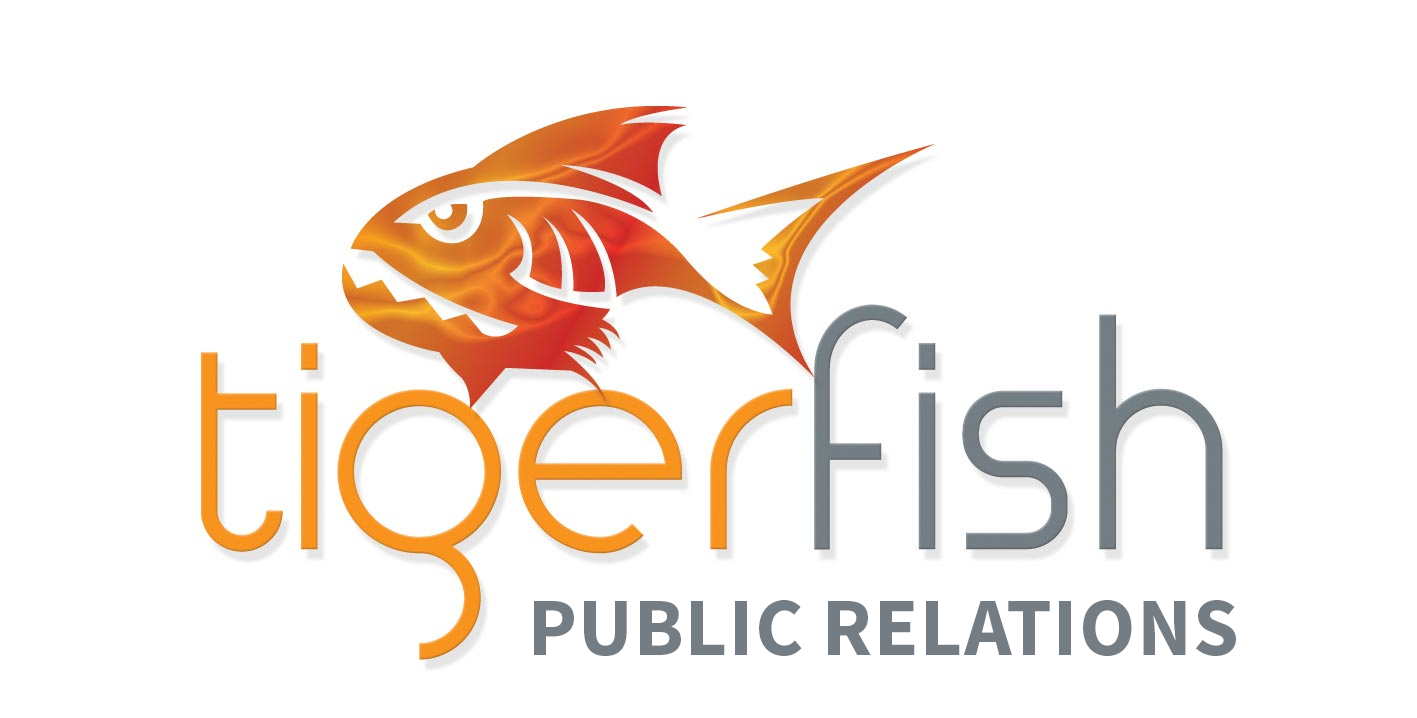testimonial
May 1, 2017Giventis launches strategic partnership
May 1, 2017ROI – evaluation of PR
The debate rumbles on. How do you measure the return on investment (ROI) of a PR campaign?
There are two schools of thought. The first is that it MUST be calculated. Like an advertising campaign, there are inputs, outputs and outcomes – which can have a monetary value assigned to them. ROI = return on investment/ cost of investment
The second school of thought argues that reputation and awareness are not things one can put a price on.
I’m of the second school. The side which says that you would no more ask your HR department what its ROI is. Or demand to know the ROI on training. How can you assign a value on your team understanding health and safety issues? How can you measure the financial benefit of managing the communications around a crisis? Or informing stakeholders of a change in ownership? Reputation is intangible. Utterly vital for a business to have, but difficult to assess.
PR, I agree, can and should be measured. It should be measured against SMART objectives (ones that are specific, measurable, actionable, relevant and timely). It should be evaluated to see if it is working in the way that meets the organisations’ needs. Ideally, there should be awareness benchmarking before and after a campaign to measure its impact.
The old and totally discredited advertising value equivalent (AVE) sadly still has traction in some organisations. The reason why it is a totally antiquated and inappropriate measure are many – not least of all, the fact that it is a mythical made up number; it doesn’t take into account relevance or sentiment (the BP oil spill of 2010 would have been seen as somewhat of a success if judged solely on AVE); and there are some things which frankly can’t be bought, such as coverage on the BBC.
So what can be measured?
You can measure outcomes – press coverage, sentiment, how your coverage stacks up against your competition.
You can see what short term action it has created i.e. hits to website, signups for newsletter, calls/emails into the office.
Over time, you might be able to see how brand reputation and awareness is affected by conducting surveys with customers and industry analysts. It’s rarely a quick result, but seriously – would you buy something from a company you had either heard nothing of, or had heard poor things about?
So on the whole, my view is that business to business PR creates awareness, which is part of the whole sales process. It’s not something which can be looked at in isolation. PR is part of a partnership to make a company stronger in its market. And it’s a brave CEO who says reputation doesn’t matter.
